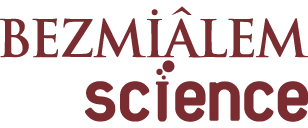ABSTRACT
Conclusion:
The results showed that the TLR and NOD2 polymorphisms were not associated with the risk of ALL. However, these results need to be confirmed by further, larger case-control studies.
Results:
We found no significant differences between the ALL and control groups in terms of TLR4 Asp299Gly, TLR4 Thr399Ile, NOD2 Arg702Trp, NOD2 Gly908Arg, and NOD2 Leu1007fsinsC polymorphisms (p>0.05). However, we found markedly negative correlation between the C–G haplotype (rs2066844-rs2066845) and the risk of ALL (p=0.055).
Methods:
Genotype distributions of TLR and NOD2 polymorphisms were determined by real-time polymerase chain reaction in 102 ALL patients and 110 sex- and age-matched healthy individuals.
Objective:
Immune activation plays a critical role in the immune response against cancer. Although several genetic factors are established with regard to the development of acute lymphoblastic leukemia (ALL), the role of immunogenic genes in ALL pathogenesis remains elusive. Toll-like receptor (TLR) and nucleotide-binding oligomerization domain containing protein 2 (NOD2) receptors are essential in immune response. The aim of the study was to investigate the association between TLR4 Asp299Gly, TLR4 Thr399Ile, NOD2 Arg702Trp, NOD2 Gly908Arg, and NOD2 Leu1007fsinsC polymorphisms and the risk of childhood ALL.



